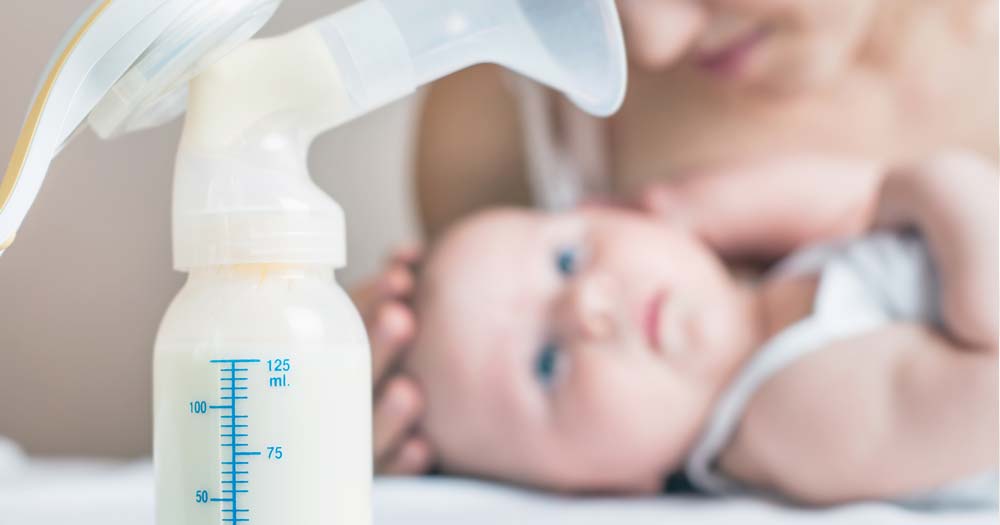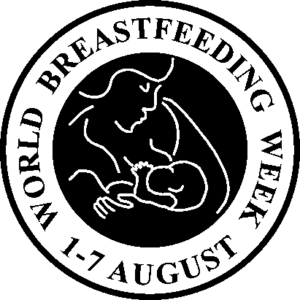
The Marion County Health Department has a Breastfeeding Support Program. This program has been designed to assist mothers or mothers-to-be with all the information they may need to breast-feed successfully.
Breastfeeding Peer Counselors are everyday women who have breastfed and who want to help provide moms-to-be and new moms with information and encouragement. Peer Counselors answer your questions and share their own personal experiences so that you, too, can have a successful breastfeeding experience. They also help moms-to-be and new mothers learn what to expect in the first days and weeks. Our Breastfeeding Peer Counselors are Kat Dailey and Isabelle Moore.
Kat and Isabelle are here to encourage and to educate — but more importantly — are here to connect with new moms, like you, in a special way, for a very good reason . . . to help you and your baby. Breastfeeding gatherings are available to help you receive information, support and advice about breastfeeding. By having our Peer Counselor to talk and share with, new mothers become more confident and comfortable with learning to breastfeed.
Breastfeeding vs. Formula
When a mother breastfeeds her baby, it is the best gift she can give and lasts a lifetime. Breast milk is the superior nutrition for the baby. Breast milk contains at least 100 unique ingredients which cannot be duplicated in artificial milks. It contains living cells. Colostrum, the first milk, contains three million cells per drop and mature milk (after day 3-5 of baby’s life) has one million living cells per drop. It changes taste based on the mother’s diet. Breast milk changes to meet the growing needs of the baby.
Breastfeeding provides long-term effects as well. Breastfed children have a long life of good health and higher IQs according to many studies. Breastfed children have stronger immune systems. This results in less diarrhea, constipation, fewer colds, and ear infections. Breastfeeding reduces the risk of Sudden Infant Death Syndrome (SIDS).
The cost of infant formula has increased 150 percent since the 1980’s. The use of formula contributes to the burden on our landfills as well as requiring fossil fuels to manufacture and prepare. Millions of dollars are spent yearly on illness associated with artificial milk.
Breastfeeding promotes good nutrition, which lowers the risk of childhood obesity. Arenz and Owen both reported that initiation of breastfeeding was associated with a reduced risk of pediatric overweight. They are less likely to develop juvenile diabetes, childhood cancers, allergies or asthma. If a mother is aware of these wonderful benefits, why would she choose artificial infant milk?
World Breastfeeding Week

Pediatricians recommend exclusive breastfeeding for six months and continuation till at least the end of the first year. Held annually during the month of August, the health department sponsored two celebrations for this event.
